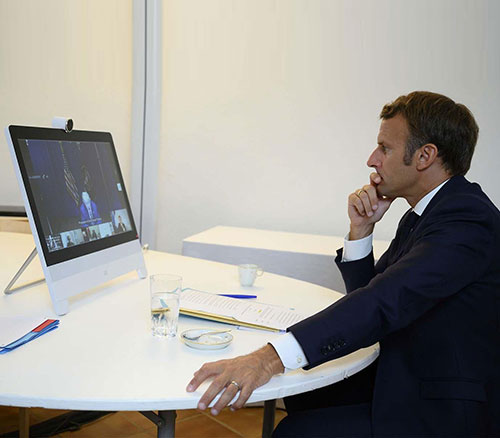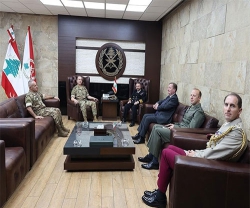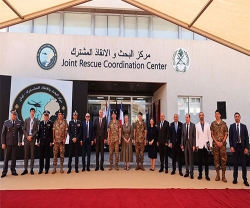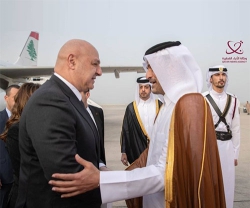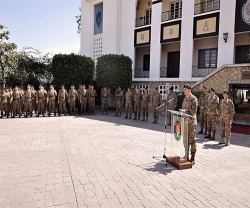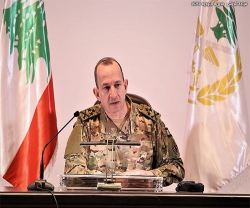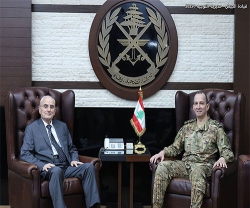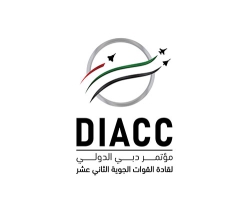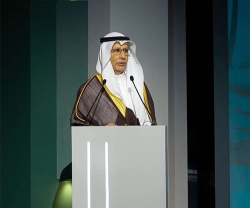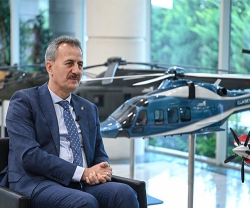World leaders pledged nearly $300 million (253 million Euros) to Lebanon to help it recover from last week’s massive explosion in Beirut.
International leaders, government officials and international organization participated Sunday in the teleconference co-organized by France and the United Nations to bring emergency aid to Lebanon, including US President Donald Trump.
The world powers insisted on transparency in how the aid is spent, wary of sending assistance to a government that many Lebanese view as corrupt. They also called for an impartial, credible and independent inquiry into the blast that killed at least 158 people and injured about 6,000 others.
“The assistance should be timely, sufficient and consistent with the needs of the Lebanese people ... and directly delivered to the Lebanese population, with utmost efficiency and transparency,” French President Emmanuel Macron (photo) said.
The money would not be tied to political or institutional reform, Macron’s office said. However, pledges were also made for longer-term support that would depend on changes brought in by the authorities, the Elysée Palace said.
Macron, who visited Beirut on Thursday, said at the opening of the video link that participating nations needed to put aside their differences to support the Lebanese people and that aid should be coordinated by the United Nations.
“Our role is to be by their side,” Macron said from his summer retreat on the French Riviera.
The Head of the International Monetary Fund, which wants an audit of the national bank before handing over any money, was clear: No money without changes to ensure ordinary Lebanese aren’t crushed by debt whose benefits they never see.
“Current and future generations of Lebanese must not be saddled with more debts than they can ever repay. Commitment to these reforms will unlock billions of dollars for the benefit of the Lebanese people,” IMF Head Kristalina Georgieva said during the conference.
In the short-term, the aid streaming into Lebanon is purely for humanitarian emergencies and relatively easy to monitor. The U.S., France, Britain, Canada and Australia, among others, have been clear that it is going directly to trusted local aid groups like the Lebanese Red Cross or U.N. agencies.
“Our aid is absolutely not going to the government. Our aid is going to the people of Lebanon,” said John Barsa of USAID.
But actual rebuilding requires massive imports of supplies and equipment. The contracts and subcontracts have given Lebanon’s ruling elite its wealth and power, while leaving the country with crumbling roads, regular electricity cuts, trash that piles on the streets and intermittent water supplies.
Lebanon has an accumulated debt of about $100 billion, for a population of just under 7 million people 5 million Lebanese and 2 million Syrians and Palestinians, most of them refugees. Its electricity company, controlled like the port by multiple factions, posts losses of $1.5 billion a year, although most factories pay for their own generators because power is off more than it’s on.
Julien Courson, Head of the Lebanon Transparency Association, said the country’s non-profits are forming a coalition to monitor how relief and aid money is spent. He estimated Lebanon loses $2 billion to corruption each year.
Prime Minister Hassan Diab said Friday he will draft legislation calling for early elections and is willing to remain in the position for two months to allow political leaders time to implement structural reforms.

